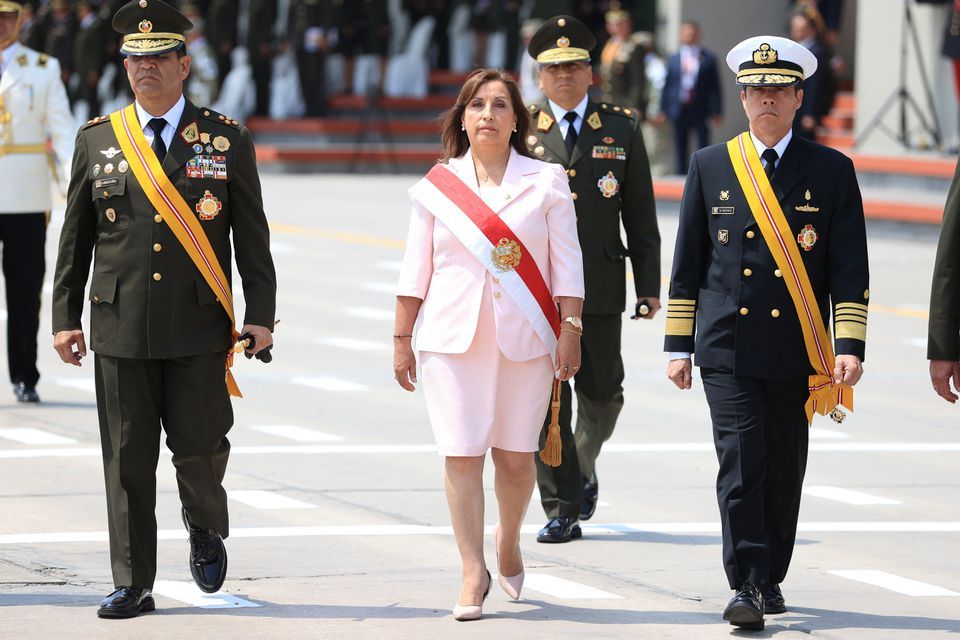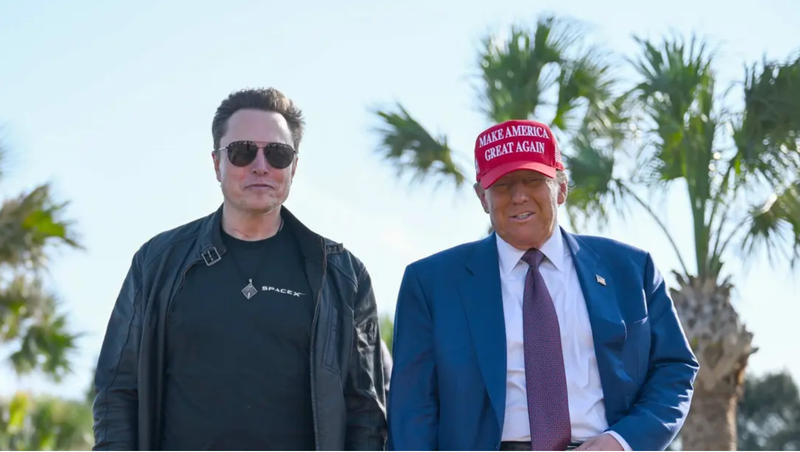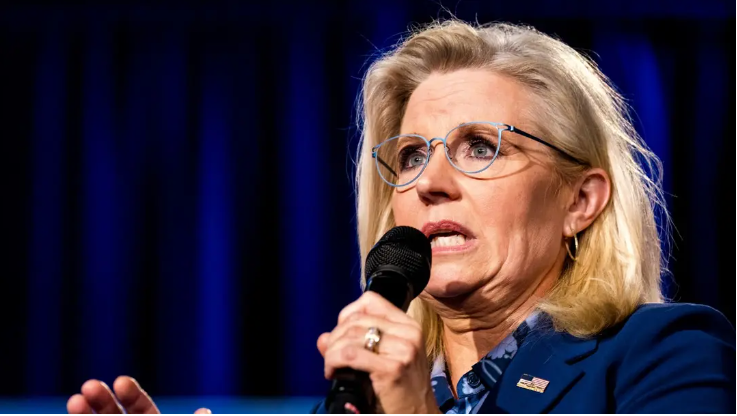Peru: President to Replace PM In Cabinet Shakeup
On Sunday, Peruvian Pres. Dina Boluarte said she will replace the transitional government's prime minister as part of a cabinet reshuffle amid political unrest and widespread protests following the recent ouster of her predecessor, Pedro Castillo.

Facts
- On Sunday, Peruvian Pres. Dina Boluarte said she will replace the transitional government's prime minister as part of a cabinet reshuffle amid political unrest and widespread protests following the recent ouster of her predecessor, Pedro Castillo.
- She said that PM Pedro Angulo and other officials were being removed to build a "political team" to help with dialogue in the country ahead of a congressional debate on Tuesday over whether to bring elections forward to 2023.
- On Saturday, Boluarte reportedly called on Congress to authorize early elections consistent with the demands of the Peruvian people. Earlier, Washington said it looked forward to working with Boluarte and called on Lima to uphold "common goals and values."
- Angulo had been named PM when Peru's first female president appointed her cabinet last week following the Dec. 7 impeachment of leftist leader Castillo after he attempted to dissolve the legislature and announced he would rule by decree. Since then, Castillo has been detained and protests have rocked the South American country.
- Last week, Peru's defense minister imposed a 30-day nationwide state of emergency amid the unrest.
- Peruvian authorities on Friday updated the death toll from protests to 22 as two demonstrators reportedly died in clashes with police in central Peru, with education minister Patricia Correa and culture minister Jair Pérez resigning due to the escalating death count.
Sources: Reuters, Bloomberg Linea, Al Jazeera, New York Times, and Upi.
Narratives
- Pro-establishment narrative, as provided by Washington Post. The fact that Peru has already had six presidents since 2016 speaks volumes about the country's political situation and underscores what a difficult legacy Boluarte is taking on. Therefore, it's a positive sign that the coup attempt by the ultra-leftist and corrupt Castillo failed thanks to the resilience of Peruvians. If Boluarte now succeeds in forming a strong government and implementing structural reforms, there's reason for optimism for Peruvian democracy.
- Establishment-critical narrative, as provided by Foreign Policy. The ongoing protests highlight that the justified ouster of the unpopular Castillo is by no means the end of the ongoing political crisis in Peru. Poor Peruvians have legitimate doubts that the dysfunctional democratic system will change anything about their desperate situation. That's why snap elections would likely benefit populist candidates. Given these challenges, it's uncertain whether Boluarte will manage to keep Peru from becoming ungovernable.






